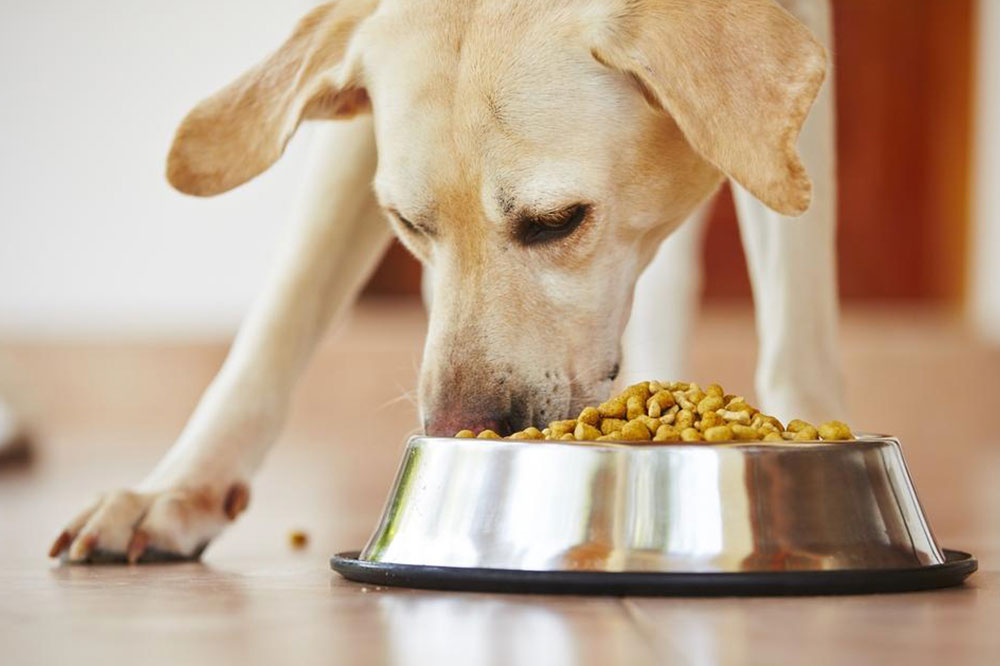
Dietary Tips to Prevent Food Allergies in Dogs
Having a canine friend means great companionship and good times. However, as your pet dog is your responsibility, you need to make sure that you feed it right. This means, choosing foods with care can provide your pet with nutrition and good health. Also, you need to be aware of food allergies that can trigger severe symptoms too. So, check out these dietary tips for food allergies in dogs and plan meals accordingly. You can also consult a vet for better guidance.
When in doubt, go for starch
When it comes to dietary tips for food allergies in dogs, starchy foods are a safe bet. What works in their favor is that they are very low in protein, which means, dogs don’t face any problem while digesting them. They don’t show any allergic reaction too. But there are some exceptions to this rule. Whole potatoes, which have higher protein content, might cause distress to the dog. Other starchy grains such as corn and wheat can cause similar issues.
Fats are fine, but the kind matters
Some of the pure fats that work well for dogs with food allergies are fish oils. They are protein-free and do not cause an allergic reaction. However, during the processing time, traces of protein may be found in oils and fats and may trouble dogs that are allergic to protein-based foods.
Is gelatin a trigger?
One of the best dietary tips for food allergies in dogs is reading labels carefully, especially if you are offering fish oil capsules or other capsules as supplements. These capsules are made up of gelatin that might trigger an allergic response.
Most dogs do not suffer from peanut allergies!
Thankfully, not all yummy foods cause allergic reactions in dogs, and one such food is peanuts. It is very rare for a dog to have an allergic reaction to peanuts, and so, you can offer peanut butter as a treat. However, if you notice any reaction, stay away from it.
Which proteins do you choose?
Not all proteins are bad for your dog even if it has food allergies. It may react in one way to one food and in a completely different way to other type of food. So, if a dog is allergic to one source of protein, say chicken, it may not be allergic to another source, such as turkey.
No additives please!
Be wary of all kinds of additives, preservatives, and other harmful elements that may cause an allergic reaction in your pet. Any artificial ingredient can lead to severe symptoms.
Be wary of food labels
Not all food labels spell out the whole truth. Some canned foods have hidden ingredients that may cause an adverse reaction in your dogs. Hence, providing fresh and homemade food is one of the common dietary tips for food allergies in dogs.
All in all, keeping these dietary tips for food allergies in dogs in mind can help you take proper care of your pet. Also, remember that the diet will depend on the breed and size of your dog too.


